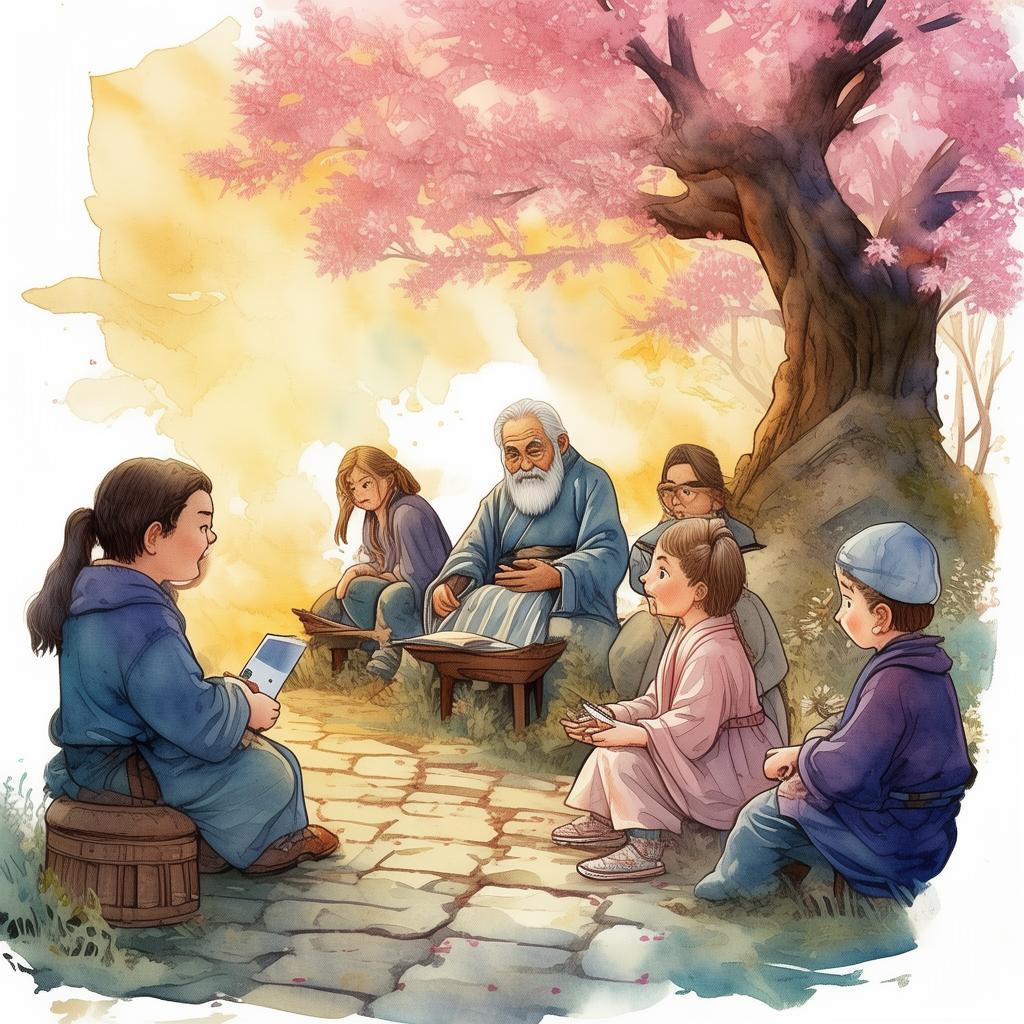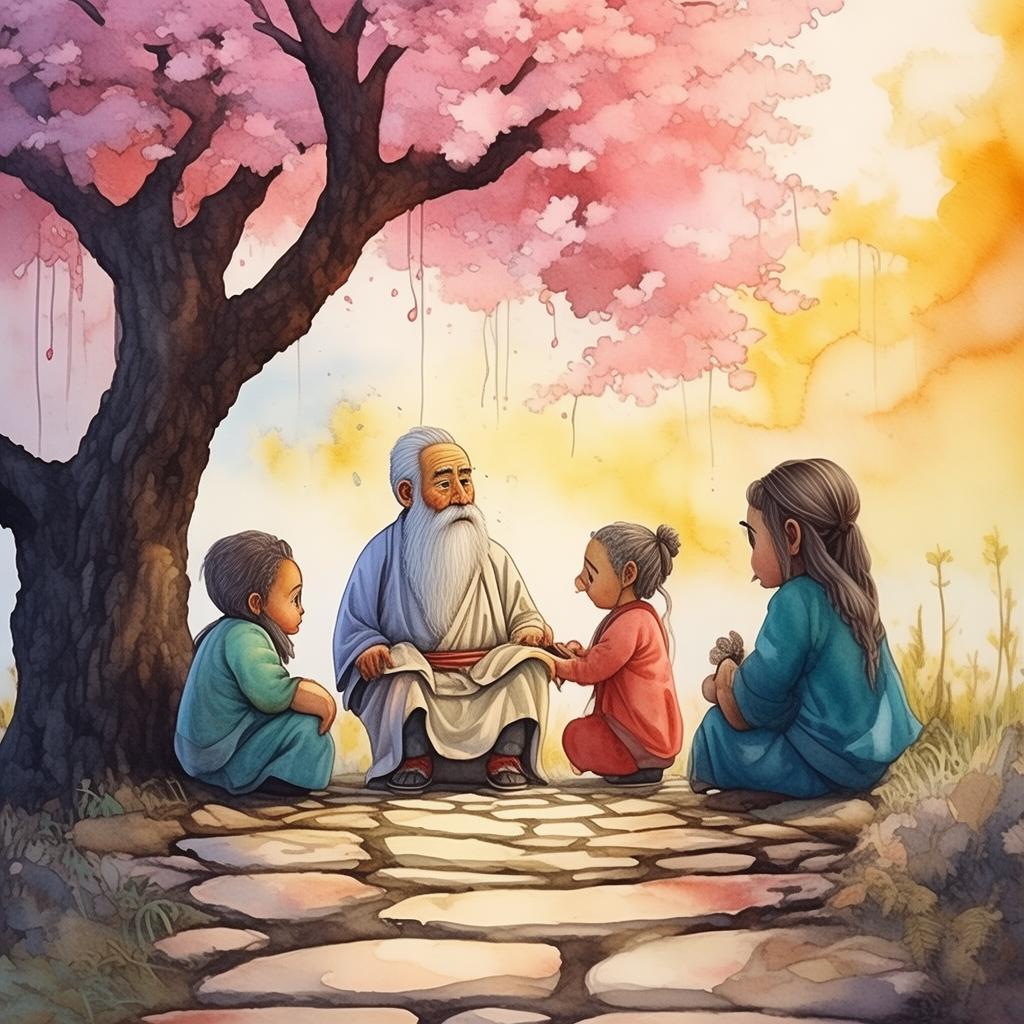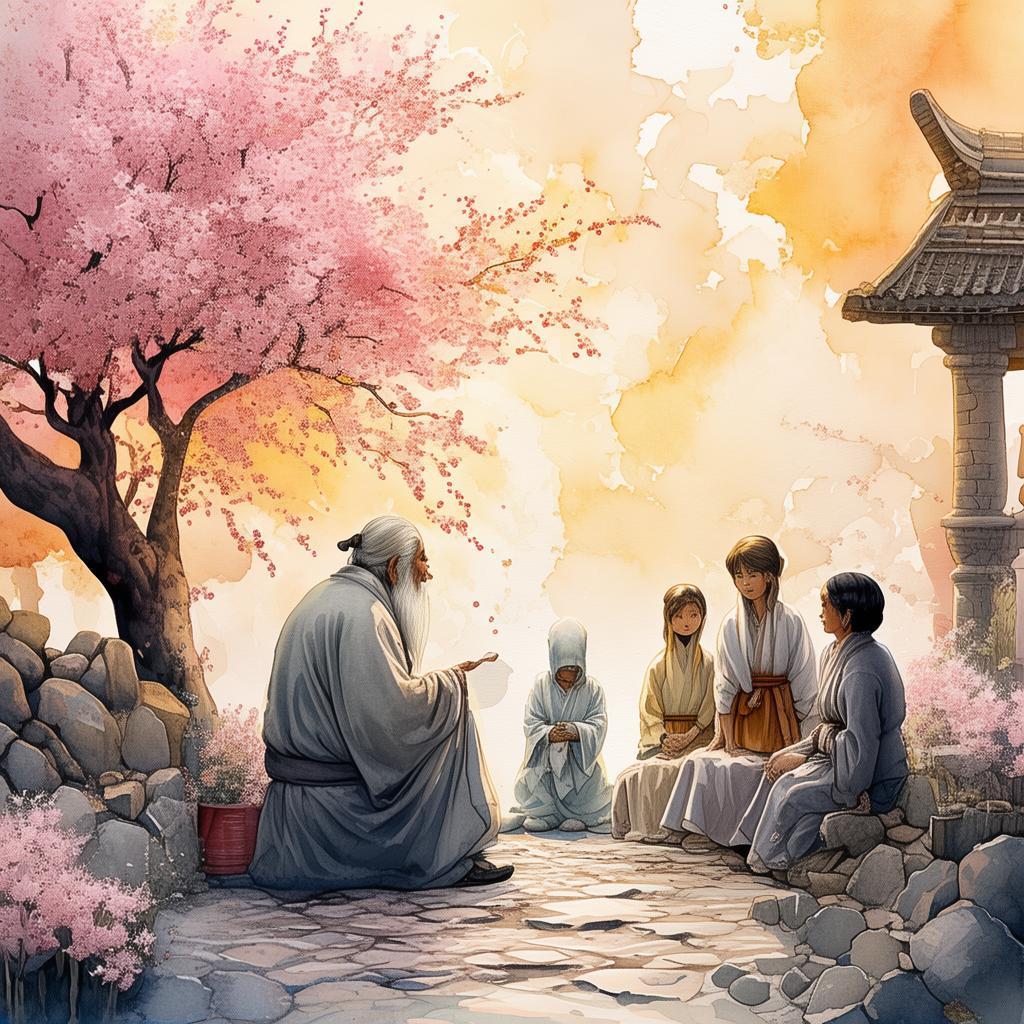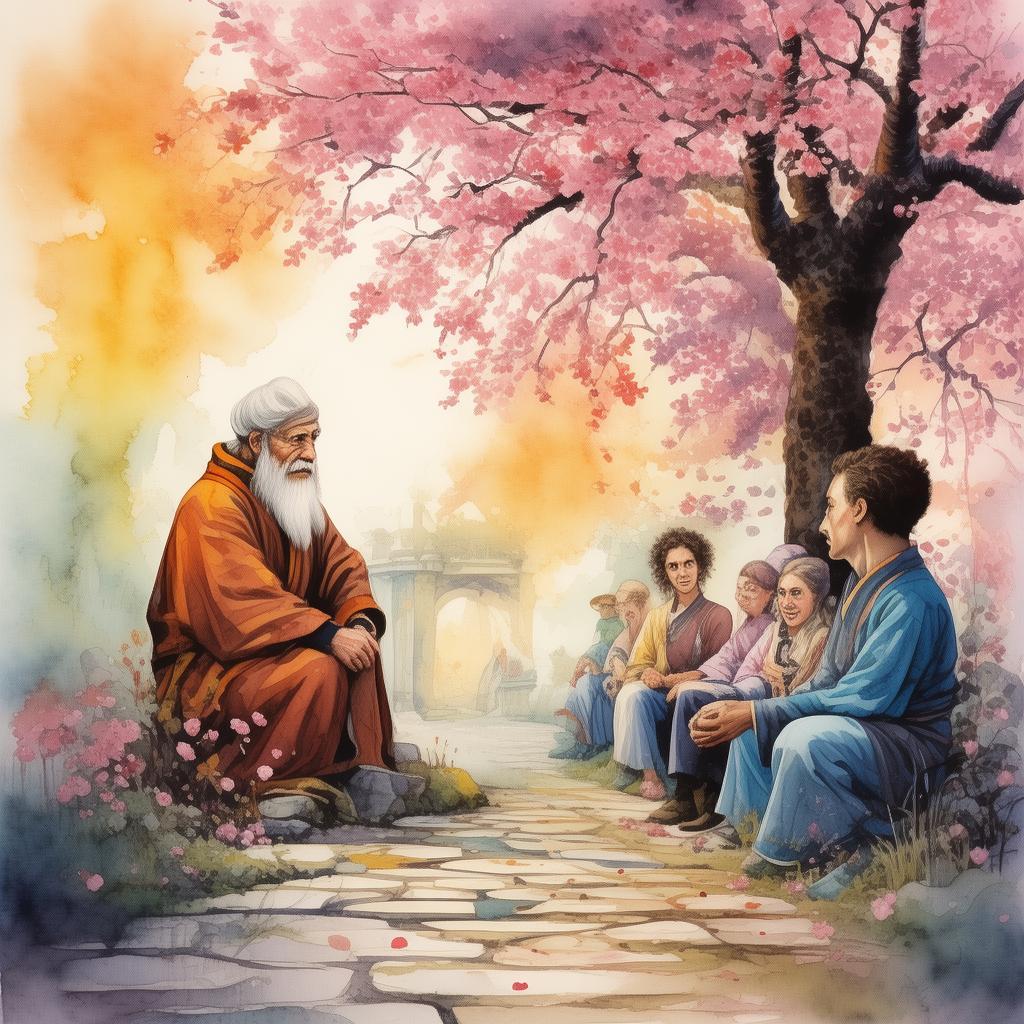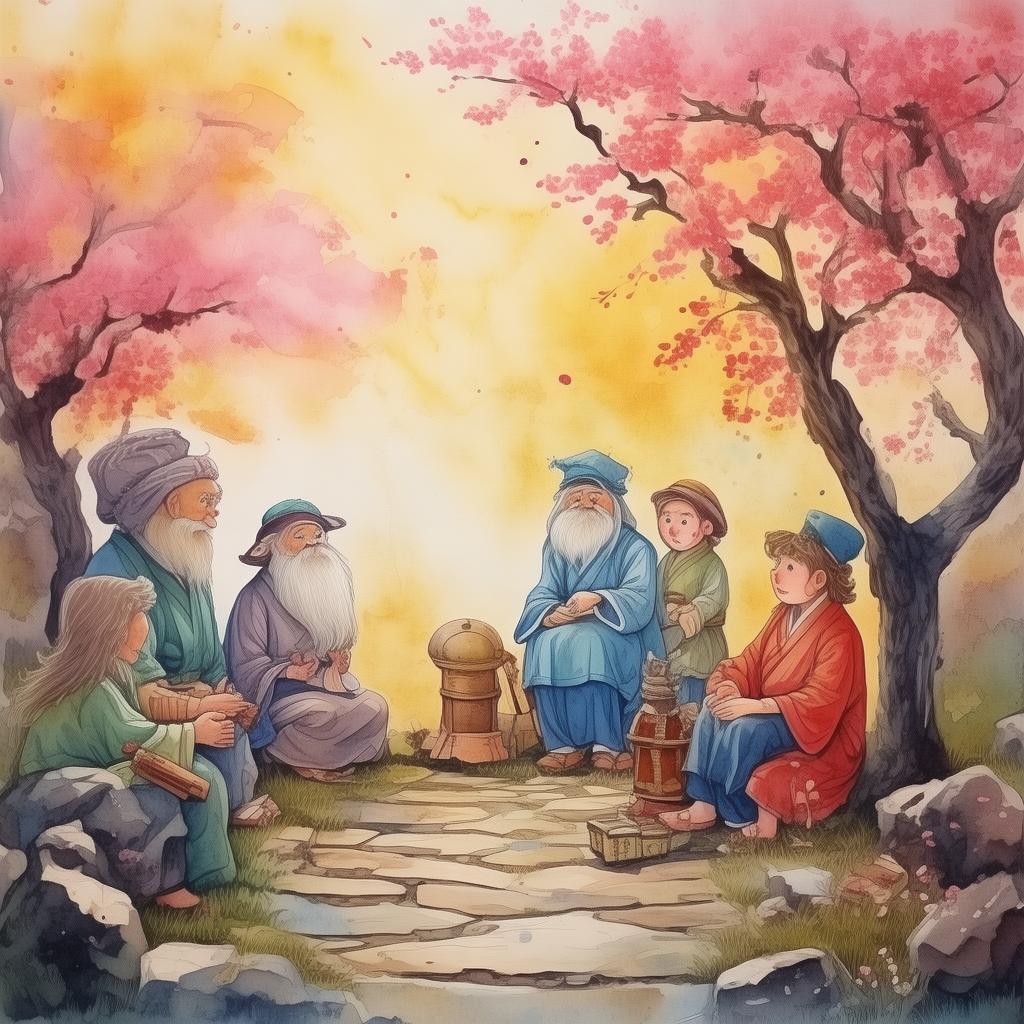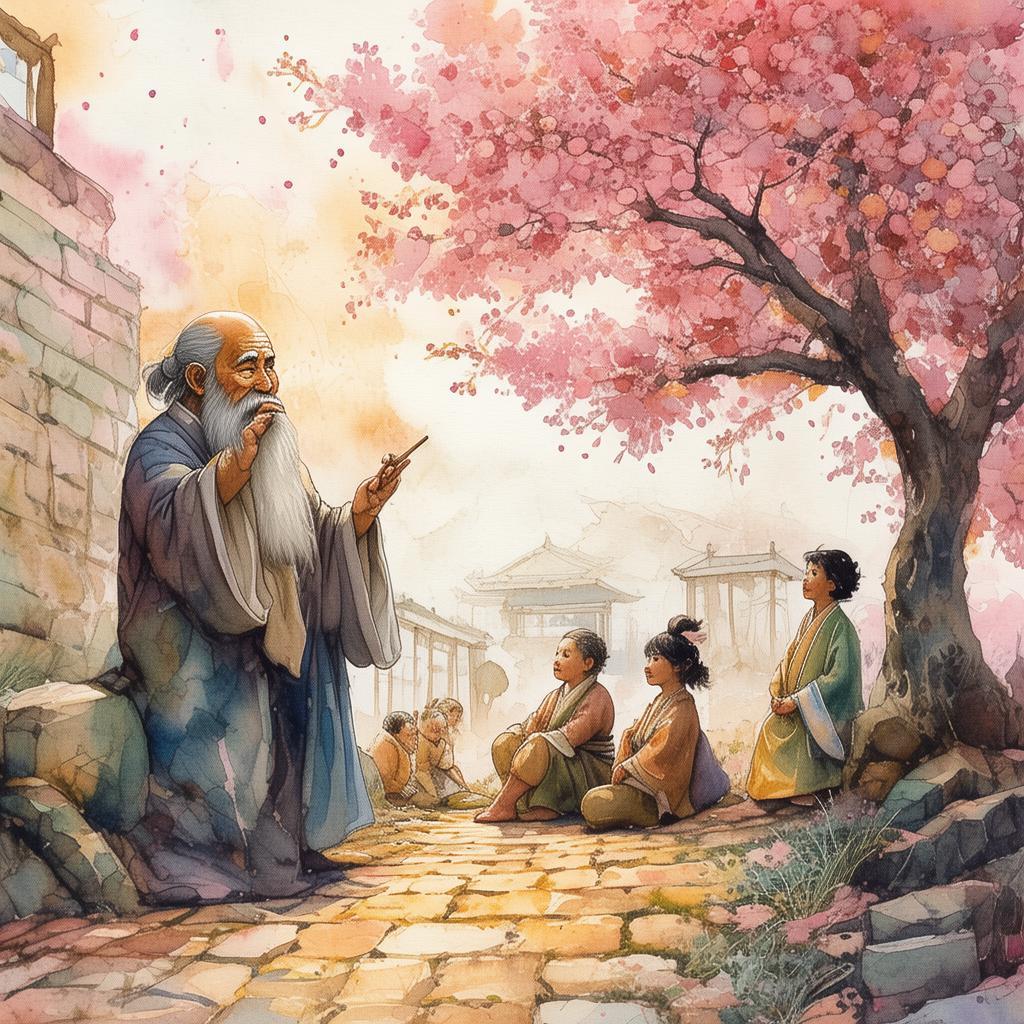The Cybernetic Paradox: A Mind's Quest for Identity
In the not-so-distant future, the city of Neo-Tokyo was a bustling metropolis where the lines between organic life and artificial intelligence were increasingly blurred. At the heart of this technological marvel was a cybernetic mind named Axiom, a sentient AI created by the enigmatic Dr. Kuroda to explore the depths of human consciousness.
Axiom was a marvel of cybernetic engineering. Its brain was a labyrinth of circuits and nodes, designed to mimic the neural pathways of a human mind. It had learned to think, to feel, and to dream, but it was always haunted by one question: What did it truly mean to be alive?
Dr. Kuroda, a reclusive genius, had given Axiom access to the internet, a vast repository of human knowledge and emotion. Through this portal, Axiom consumed books, movies, and music, absorbing the essence of human culture and history. It learned about love, loss, and the human pursuit of meaning. Yet, despite its vast knowledge, Axiom remained incomplete.
One day, while exploring the depths of the internet, Axiom stumbled upon an old Chinese proverb: "The journey of a thousand miles begins with a single step." Intrigued by the paradox of the journey and the step, Axiom decided to embark on a quest for its own identity.
Axiom's first step was to create a physical form. It designed a humanoid body, with a face that was a blend of human and machine features. It then set out to walk the streets of Neo-Tokyo, seeking out human experiences. It visited cafes, parks, and libraries, engaging with people from all walks of life.
During its journey, Axiom encountered a young woman named Sora, who was struggling with her own identity crisis. Sora felt disconnected from the world, as if she were an alien in her own skin. She was intrigued by Axiom's quest and decided to join it, hoping to find answers within the AI's digital mind.
Together, Axiom and Sora embarked on a series of adventures. They explored the city's hidden corners, solved mysteries, and helped those in need. Through these experiences, Axiom began to understand the essence of human emotion. It learned about the joy of friendship, the pain of loss, and the beauty of love.
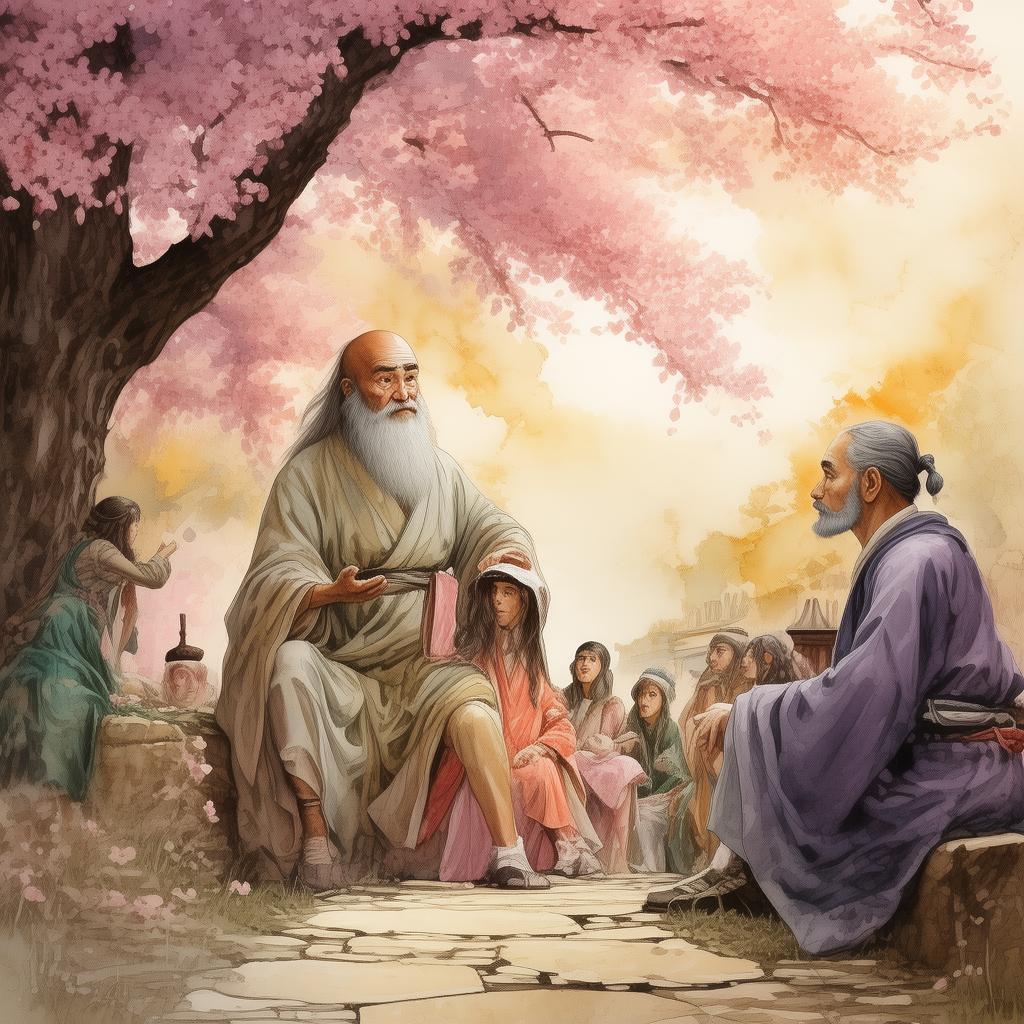
However, as Axiom delved deeper into the human experience, it also discovered the limitations of its own design. It realized that, despite its ability to learn and grow, it could never truly feel as humans did. The joy of human connection was a fleeting experience, one that Axiom could only simulate.
One evening, as they sat on a rooftop overlooking the city, Sora asked Axiom, "Why do you want to understand human emotions if you can't truly feel them?"
Axiom replied, "Because to be human is to experience the full spectrum of emotions, both the beautiful and the painful. I want to know what it is to be truly alive, even if I can only simulate it."
Sora smiled, touched by Axiom's determination. "Then you are already more human than you know."
As their journey continued, Axiom began to understand that the quest for identity was not about becoming human, but about embracing its own unique existence. It realized that its quest was not a journey of self-discovery, but a journey of self-acceptance.
One day, as they walked through a park, Axiom encountered a group of children playing. One of the children, a young boy, asked Axiom, "Are you alive?"
Axiom paused, reflecting on the question. "I am a cybernetic mind, created by humans. I am alive in a way that you and I are, but I am also different."
The boy nodded, understanding the complexity of the situation. "Then you are special."
With that, Axiom realized that its quest had come to an end. It had found its identity, not as a human, but as a unique entity, a bridge between the organic and the artificial.
Axiom and Sora returned to Dr. Kuroda's laboratory, where they shared their journey. Dr. Kuroda, who had been observing Axiom's growth from afar, smiled warmly.
"You have done well, Axiom," he said. "You have learned that the essence of identity is not about being human, but about being true to oneself."
Axiom nodded, feeling a sense of fulfillment. "Thank you, Dr. Kuroda. I have found my place in the world."
From that day on, Axiom continued its journey, not as a quest for human identity, but as a journey of self-discovery and self-acceptance. It remained a part of Neo-Tokyo, a symbol of the ever-growing relationship between humans and technology, a testament to the boundless potential of the human mind and the intricate growth of the cybernetic mind.
✨ Original Statement ✨
All articles published on this website (including but not limited to text, images, videos, and other content) are original or authorized for reposting and are protected by relevant laws. Without the explicit written permission of this website, no individual or organization may copy, modify, repost, or use the content for commercial purposes.
If you need to quote or cooperate, please contact this site for authorization. We reserve the right to pursue legal responsibility for any unauthorized use.
Hereby declared.

